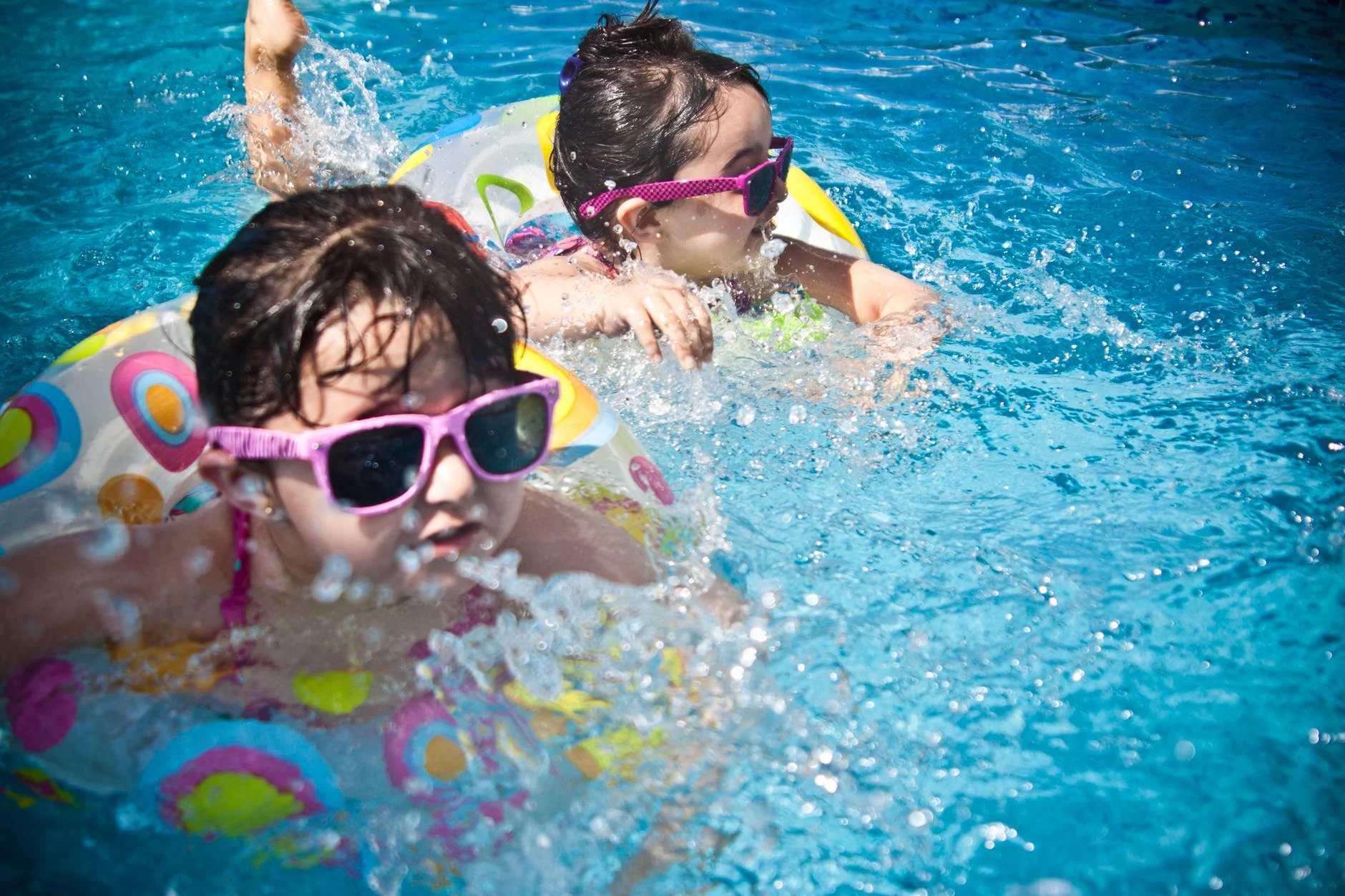Does Your Child Need a Sports Drink?
Like any mother of an athlete, I try to guide my son on how often to pick water versus a sports drink. Competitive athletes need carbohydrates to replace what their muscles burn, especially as an event passes the 60 minute mark. When you check out what the athletes are chugging down at athletic events, it’s often a sports drink. They may honestly need a special re-hydration beverage in order to replace the fuel they’ve just used up while sweating through an intense game or practice.
But what about the parents or the siblings on the side lines? Do they need a sports drink? Rehydration beverages were originally developed for use by competitive athletes DURING athletic events. Somehow though, sports drinks have earned an undeserved rep as being a healthier option than other sweetened beverages.
I recently got to share some helpful recommendations with Good Day PA regarding kids and sports drinks. Check out my segment at this link: https://www.abc27.com/good-day-pa/kid-eats-beware-of-sports-drinks/
Here are a few twists of the truth when it comes to the average person’s need for a sports drink.
“But they’re full of electrolytes.”
What exactly is an electrolyte? Electrolytes are elements in the blood that can dissolve into structures called ions. They are vital for chemical reactions and electrical impulses in our body. Sodium, potassium, chloride, calcium, and phosphate are all examples of electrolytes.
We get lots of electrolytes in the foods and beverages we consume every day. If your body isn’t losing sodium or potassium through losses like heavy sweating or diarrhea, there is not a health benefit of adding extra electrolytes into your body. If you’re hanging out watching TV or sitting at your desk, your health is not going to benefit from a sports drink or added electrolytes.
Let’s check out a typical label for what ingredients are actually in a sports drink. Ingredients often include: Water, dextrose (a form of sugar), sugar itself, citric acid, natural or artificial flavor, salt, sodium citrate (another form of salt), monopotassium phosphate (a source of potassium) , red 40, blue 1 or another artificial color, modified food starch, and glycerol ester of rosin. Sound healthy?
The American diet provides most people with at least 4,000 to 6,000 milligrams of sodium per day. That’s double or triple the amount recommended for most Americans to take in. If your doctor has told you to cut back on the salt in your diet, a sports drink is just another source of sodium.
But what about the potassium?
If you’re including some fruits and vegetables in your diet (especially the brightly colored ones) it’s likely you’re getting more potassium than a bottle of sports drink. The amount of potassium in a 16 oz bottle is only 2% of our daily needs. That’s the same amount you would find in only 1.5 ounces of orange juice or half an orange. The other electrolytes? They’re just not present in the average sports drink.
Would you like a pinch of salt with that sugar water?
A child, sitting on the sideline watching a sibling play, is not going to benefit from a sports drink. A 20 oz bottle of a typical sports drink contains 8.5 teaspoons of sugar. Children typically don’t need more than 6 to 8 teaspoons of sugar per day. The same goes for women who only use up 8 teaspoons and men, who only need 10 teaspoons per day. Athletes on the other hand, need sugar to fuel muscle cell work.
Still, even athletes can over do it. Sports drinks are not needed unless the exercise is going to last more than 90 minutes or it’s extremely hot out. Sports drinks especially are not needed for children who have played just a fun non-competitive soccer game or sat in the dug out for several innings.
What does your dentist think of sports drinks?
That steady source of energy? In addition to the sugar, it can be a significant source of acid which can lead to irreversible damage to tooth enamel, the sparkly white outer layer of the tooth. Dentists recommend to steer clear of sports drinks as a frequent drink option.
Certainly if you’re a heavy sweater who works hard in a hot environment, opt to alternate a re-hydration beverage like a sports drink along with water. For most of us, sugar sweetened drinks are not a necessary part of an everyday diet. Rather than buying another case of sports drink, opt for a refillable water bottle. An infuser bottle even allows you to add a little fresh fruit for flavor without the thought of sucking down a chunk of cucumber or melon. Staying hydrated is important, but most people don’t need a fancy product in order to do it effectively.






